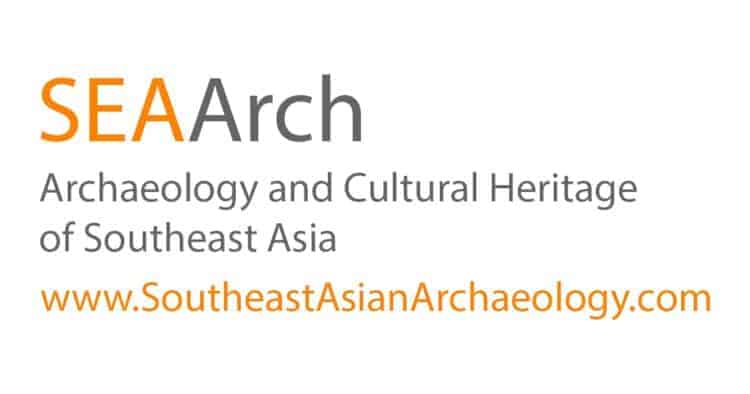Dr. Heng Piphal will give a talk on religious change in Angkor on 22 April 2021. Register through the link below.
The 9th-15th century Angkorian period is one of Cambodia’s most celebrated historical phases, but little is known about the 300-year period following the 15th-century “collapse” of Angkor and the start of Southeast Asia’s Early Modern era. Not only did the seat of political power move south, but Cambodians’ collective embrace of Theravada Buddhism effected organizational shifts that included Angkor Wat’s transformation into a Buddhist pilgrimage center. My archaeological research examines the 14th-18th century settlement organization in the Siem Reap region, which had long served as the capital of the Angkorian empire. Post-Angkorian settlement and economy, as reflected through archaeological patterns, challenges the standard narrative of “collapse” and suggests community responses to religious change. This presentation outlines preliminary findings of field research around Siem Reap on this period through the Greater Angkor Project. Co-sponsored by the UHM Anthropology program & the UHM Center for Southeast Asian Studies.













![[Talk] The Ancient Town of Si Thep in Thailand: A Crossroads of Indianization](https://www.southeastasianarchaeology.com/wp-content/uploads/2024/07/the-ancient-town-of-si-thep-in-thailand-a-crossroads-of-indianization-502-120x86.jpg)











